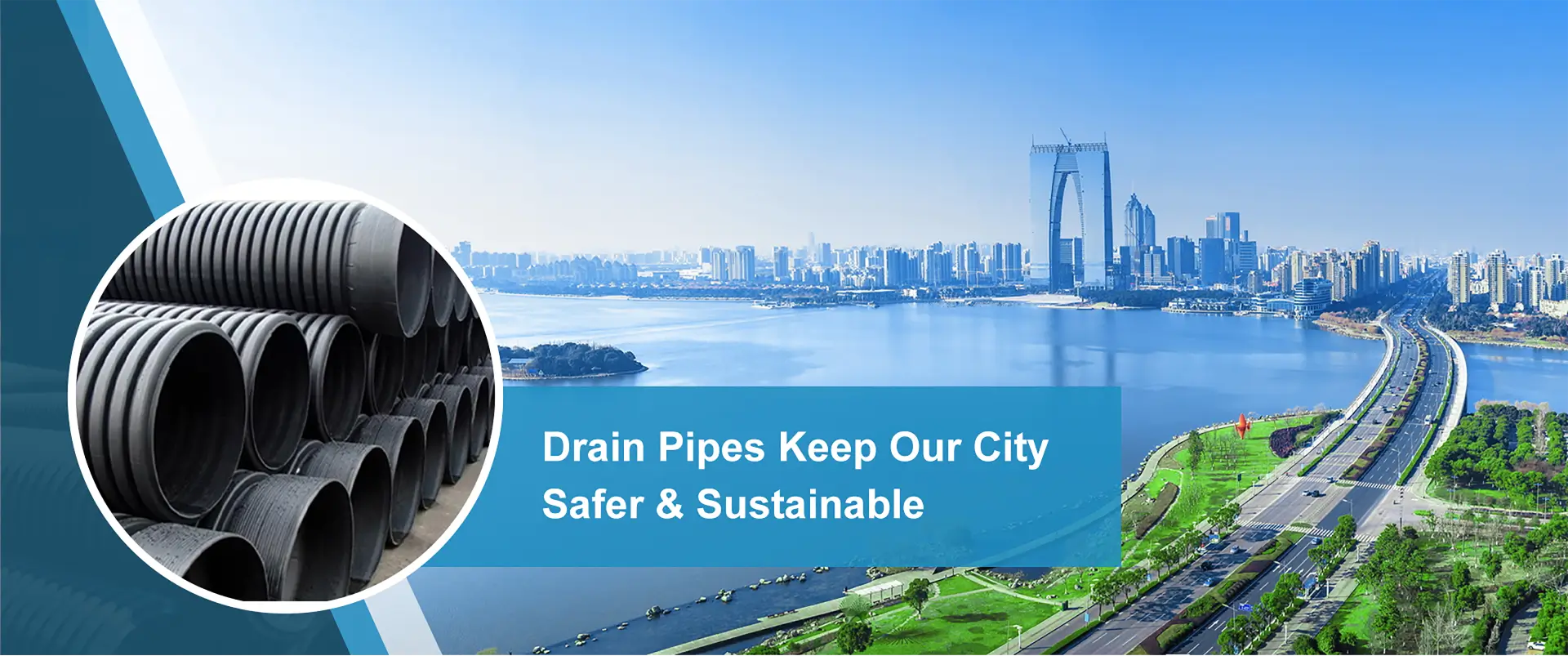Oct . 05, 2024 23:33 Back to list
pvc pipe used for factory
The Use of PVC Pipes in Industrial Applications
Polyvinyl chloride, commonly known as PVC, has evolved into a staple material in various industrial applications, particularly in factory settings. The versatility, durability, and cost-effectiveness of PVC pipes make them an ideal choice for a myriad of uses in factories. This article explores the roles and benefits of PVC pipes in industrial environments, illustrating why they are increasingly favored over traditional materials.
Durability and Resistance
One of the primary advantages of PVC pipes is their strength and durability. Unlike metal pipes, which are susceptible to corrosion and rust, PVC is resistant to chemical reactions and environmental factors. This quality is particularly valuable in factories where exposure to various chemicals is a routine occurrence. For example, in chemical manufacturing plants, PVC pipes can withstand harsh acids and bases without deteriorating, ensuring a longer lifespan and lower replacement costs.
Additionally, PVC pipes are resistant to UV radiation, which minimizes their degradation when exposed to sunlight. This feature makes them suitable for both indoor and outdoor applications, allowing factories to implement consistent piping solutions across different environments. The ability to maintain structural integrity under a wide range of temperatures enhances their utility in industries that require specific conditions, like refrigeration or chemicals.
Lightweight and Easy to Install
Compared to metal piping systems, PVC pipes are significantly lighter, making them easier to handle and install. This characteristic reduces labor costs and installation time, as workers can manage larger sections of piping without the need for heavy equipment. The lightweight nature of PVC also decreases the structural load on buildings, allowing for more design flexibility in factories.
Moreover, PVC pipes are available in various diameters and configurations, making them adaptable to different factory layouts. The ease of cutting and joining PVC pipes further simplifies the installation process. Typically, workers can use solvents to bond PVC fittings and pipes securely, creating a watertight seal that minimizes the risk of leaks.
Cost-Effectiveness
pvc pipe used for factory

From a financial perspective, PVC pipes are often more cost-effective than alternatives such as metal or concrete pipes. The raw materials for PVC are generally less expensive, and since they do not require protective coatings or specialized tools for installation, the overall cost of both materials and labor is reduced.
Beyond the initial purchase and installation costs, the long lifespan and minimal maintenance requirements of PVC pipes provide considerable savings over time. In many cases, factories that switch to PVC piping save significantly on operational costs, as they do not face the same level of deterioration that can drain expenses associated with maintenance and repairs in metal systems.
Versatile Applications
PVC pipes serve a wide array of functions in factories, from conveying water and chemicals to serving as part of ventilation systems. They are commonly used in plumbing systems for transporting water and waste, where their resistance to corrosion ensures sanitation.
In addition to plumbing, PVC pipes can be utilized in pneumatic systems to transport air or gases, further showcasing their versatility. Factories dealing with dust collection or exhaust systems also benefit from the use of PVC because of its lightweight nature and resistance to chemical-laden air.
With the increasing focus on environmental sustainability, PVC pipes are also becoming a choice for recycling processes, allowing factories to reduce waste and reuse resources effectively.
Conclusion
In conclusion, the use of PVC pipes in factory settings is a testament to their myriad benefits. Their durability, resistance to corrosive substances, lightweight structure, cost-effectiveness, and versatility make them an attractive option for various industrial applications. As factories continue to evolve and adopt new technologies, PVC pipes will likely remain integral to their infrastructure, driving efficiency and reducing overall operational costs. Embracing PVC technology is not just about staying current; it is about ensuring longevity and reliability in the ever-competitive manufacturing landscape.
-
High-Quality PVC Borehole Pipes Durable & Versatile Pipe Solutions
NewsJul.08,2025
-
High-Quality PVC Perforated Pipes for Efficient Drainage Leading Manufacturers & Factories
NewsJul.08,2025
-
High-Quality PVC Borehole Pipes Durable Pipe Solutions by Leading Manufacturer
NewsJul.08,2025
-
High-Quality PVC Borehole Pipes Reliable PVC Pipe Manufacturer Solutions
NewsJul.07,2025
-
High-Quality UPVC Drain Pipes Durable HDPE & Drain Pipe Solutions
NewsJul.07,2025
-
High-Quality Conduit Pipes & HDPE Conduit Fittings Manufacturer Reliable Factory Supply
NewsJul.06,2025

